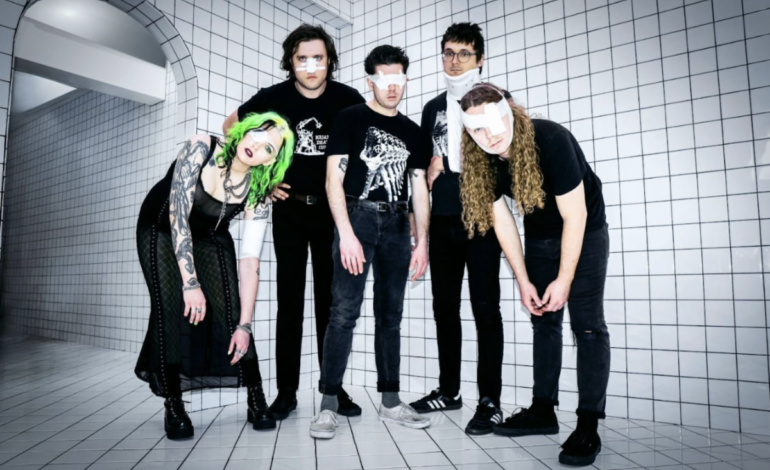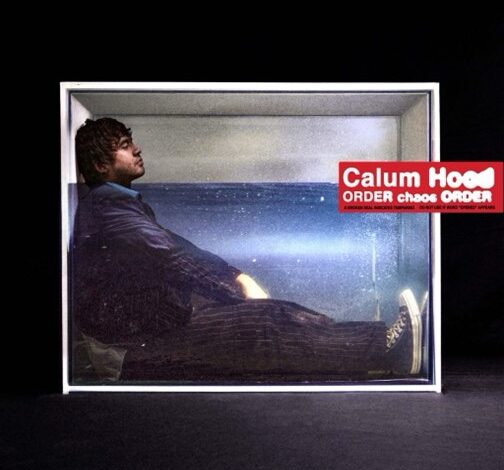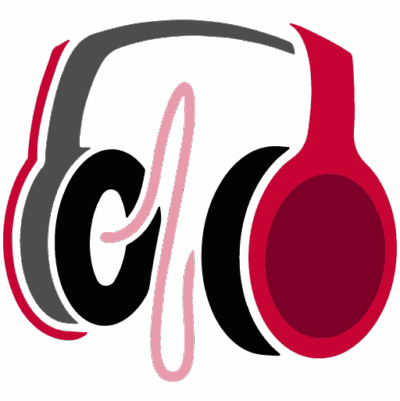Inside the Mind of Sarah Mary Chadwick: An Exclusive AudioFuzz Interview
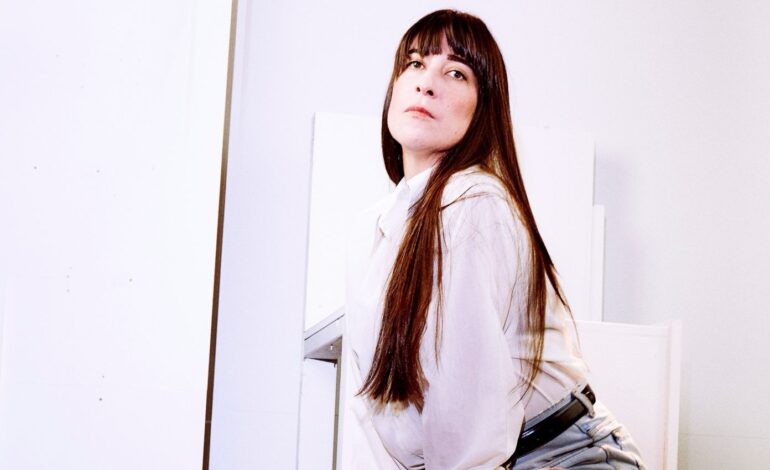
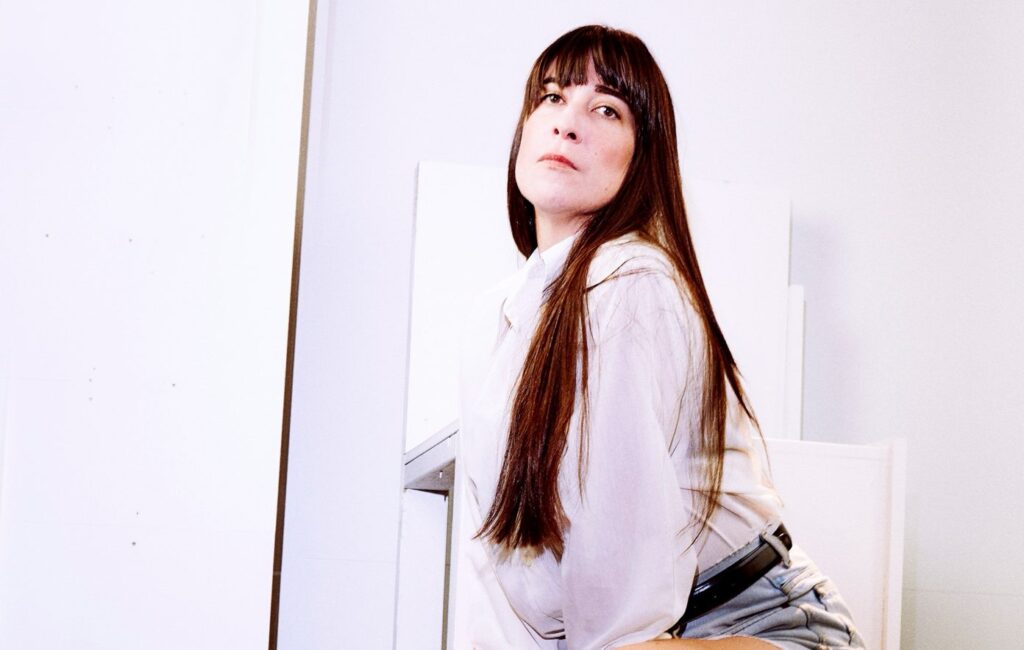
There are albums that sound good, and then there are albums that feel like soul-mirrors—raw, reflective, and brimming with hard-won insight. Take Me Out To a Bar / What Am I, Gatsby?, the searing new release from Sarah Mary Chadwick, is unmistakably the latter.
Forged in the wake of sobriety and framed by the late discovery of a bipolar diagnosis, the album is Chadwick at her most emotionally transparent and musically restrained—an artist peeling back the layers to find something sharper and more sacred underneath. Recorded fully with producer Chris Townend, the record swells with haunted intimacy: cavernous pianos, fragile space between verses, and lyrics that feel like confessions whispered across a dimly lit room.
Chadwick doesn’t just sing about pain—she excavates it, repurposes it, and shapes it into brutal beauty. In this conversation, we dive into the songwriting process that stays five steps ahead of her own awareness, the soft goodbye she had to say to her old friend wine, and the romance she’s discovered in simply being alive.
This is the sound of survival. This is the story behind it.
1. Your new album, Take Me Out To a Bar / What Am I, Gatsby?, feels full of longing and reflection. How did your sobriety shape the emotional landscape of this record, and do you hear that transition in the music yourself?
Anyone who has been through any journey that involves becoming sober, or overcoming ‘addiction’, (a circumstantial condition that I believe to be extremely misunderstood and mistreated in almost all areas) knows that it affects every single aspect of your life. Creativity and making art are no different. Becoming sober from alcohol was a dramatic, painful and glaringly white- bright experience that in honesty was so difficult it hopefully permanently deterred me from relapsing.
My case was perhaps a little different as a year after becoming sober I was diagnosed with Bipolar 2, a condition I had clearly been drinking over for years, to varying degrees of success ha. This was an amazing but infuriating thing to happen because I have been wildly active in searching for ways to have a less painful life since I was a child. Initially I was furious that myriad professionals missed the diagnosis, but I’ve moved forward to just being excited about what the rest of life could look like for me now. I wanted to quit drinking. I alway have and I have tried many times. But I don’t hate it! Wine got me through when no one or nothing else could and most importantly when I didn’t have the desire or ability to make it through alone.
That’s how I felt. So, I imagine that parts of that are evident in that record.
2. You describe your songwriting as always being “five steps ahead” of your own awareness. Were there any lyrics on this album that revealed something to you only after you had written and recorded them?
Yeah, one in particular, and one that has presented in different lyrics many, many times over the years, ‘That’s why the other stays intact and why I’m always cloven cleanly into two’. Bipolar, baby.
3. The sonic atmosphere of the record—especially the piano’s reverb technique—creates an almost haunted intimacy. What was it like working with Chris Townend to achieve that sound, and did it change how you related to the songs?
Working with Chris was challenging and a joy. He offered advice which all singer’s have since expressed that they wish they had more of in a studio setting.
Chris’s advice to let the songs breathe and most poignantly, give the listener time to think about the lyrics by adding more space between the verses and lines was an amazing realisation I will take with me.
Chis also crystallized an idea for me- if you want to make Great Art you need to work with Great Artists. Chris is that, and it brought the songs to life in a way that I had hoped.
4. “Take Me Out To a Bar” captures a sense of self-worth and boundaries unfolding in real time. How does this song fit into the larger themes of the album, and do you see it as a turning point in the narrative?
I really, really liked kicking around bars. Low light, warm chatter, silence tables imbibing a mood. But, that romance has moved backwards in my mind to allow for a fiferent romance to grow – the romance of living a life.
Goodbye wine. You were my friend, but like some friendships we have both changed. I don’t regret it, but it’s time to say, ‘It’s been real, thank you, and see you never’ haha.
5. You mention that “making choices is free.” Looking back at your career, what’s a creative decision—big or small—that you made entirely on instinct, and in hindsight, changed everything for you?
I make all my decisions like that. Working with my manager/dear friend Jules Wilson was a life changer and I am forever grateful to her for keeping me going. It ain’t easy being green!
Check out the new album below:

